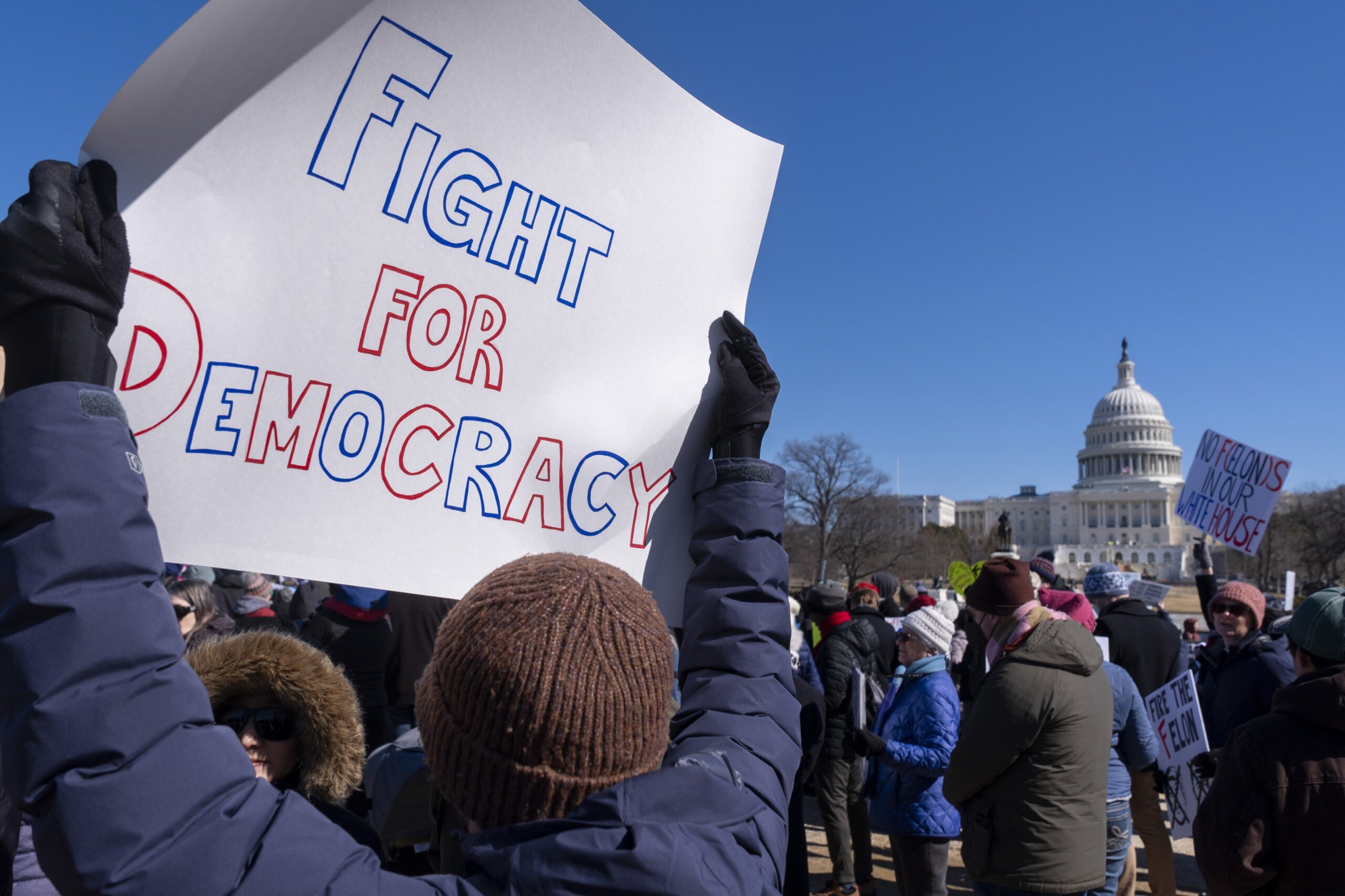Federal workers are strengthened by what their vain is lasting. Another rising question: can they get the same rewards and the benefits of the private sector?
Throughout the DC area, they viewed government officials who have difficulty in vain. Another rising question: can they get the same rewards and the benefits of the private sector?
During Thursday Production by Taxaders Board, Robert Rehrman, the Bureaul Manager, many 161,000 government employees receive money.
Rehrman said: “In recent years, Tomnele government was describing many people. And in many cases, he continued,” governmental wages and work ended our private sector. “
Rehrman says: “There are six figures where normal salary is $ 124 000 or more. He said there are the highest montgomery as well as $ 146,000.
He said: “This is run by HHS, in particular, FDA and Nih.” He explained.
There are also seven points where government rewards are two or larger than Private Private Works, Rehrman said.
Among the lazy questions, according to Rehrman, “that is,” How much money can they earn, and can get the same rewards as they have as a federal employee? “
As you try to find out how many people can lose their jobs, Rehrman we have made pronouncements from across the work.
He said: “More than 100,000 work discounts we think works, we will be surprised at Maryland.”
Maryland Coppler Brown Brown can you accept? “
On Thursday, a Repubity Republic of Street Street Stephey gave a statement called “economic differences.”
“No matter who has been at least 20 years of age where our economy depends on the Federal activities.
Hershey adds to Maryland dependence in federal activities to make “a strategic spending plan.”
In conversation with Wpop, the Senate Bath of Republicans, and most of them is to improve taxes, is not a way to go. “
The preparation was referring to bills that meet taxes and new taxes.
Democratic government has also made trade tax intended to present 1 billion, a measured one intended to help national funds.
Ready to say that there is a speed to improve business status in this country, and are the problem of government “is a disproving problem.” Called “normal changes to complete the message and changes.”
“We have to make our country friendly and beautiful in the designers of all kinds, ‘we are ready for.
Find the rising news and daily heads delivered to your inbox by sign in here.
© 2025 wtop. All rights reserved. This site is not intended to the European Economic Economy.
#Social #workers #privacy #market #fashioned #workers #march #Maryland #find #jobs #WPP #content
